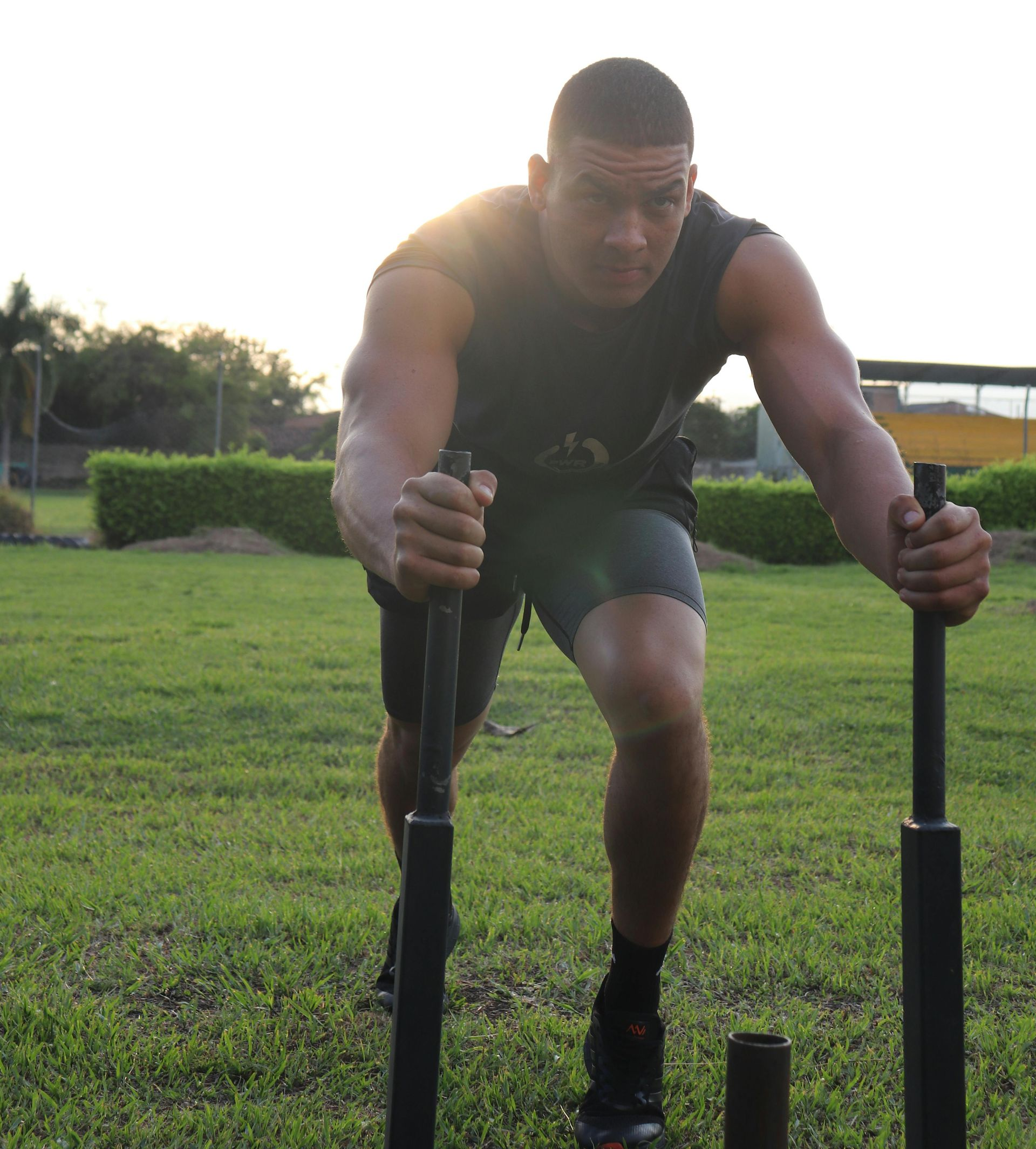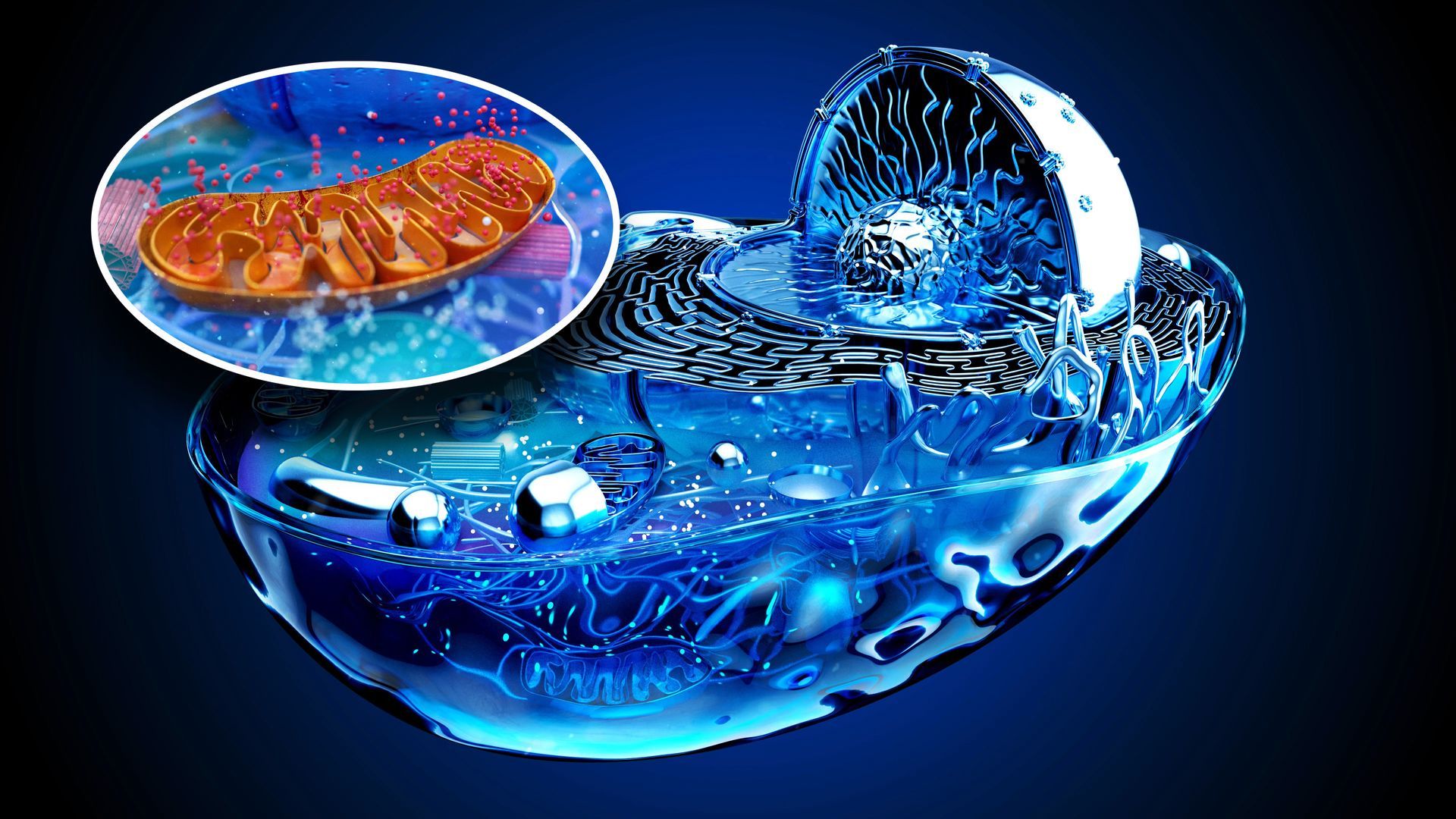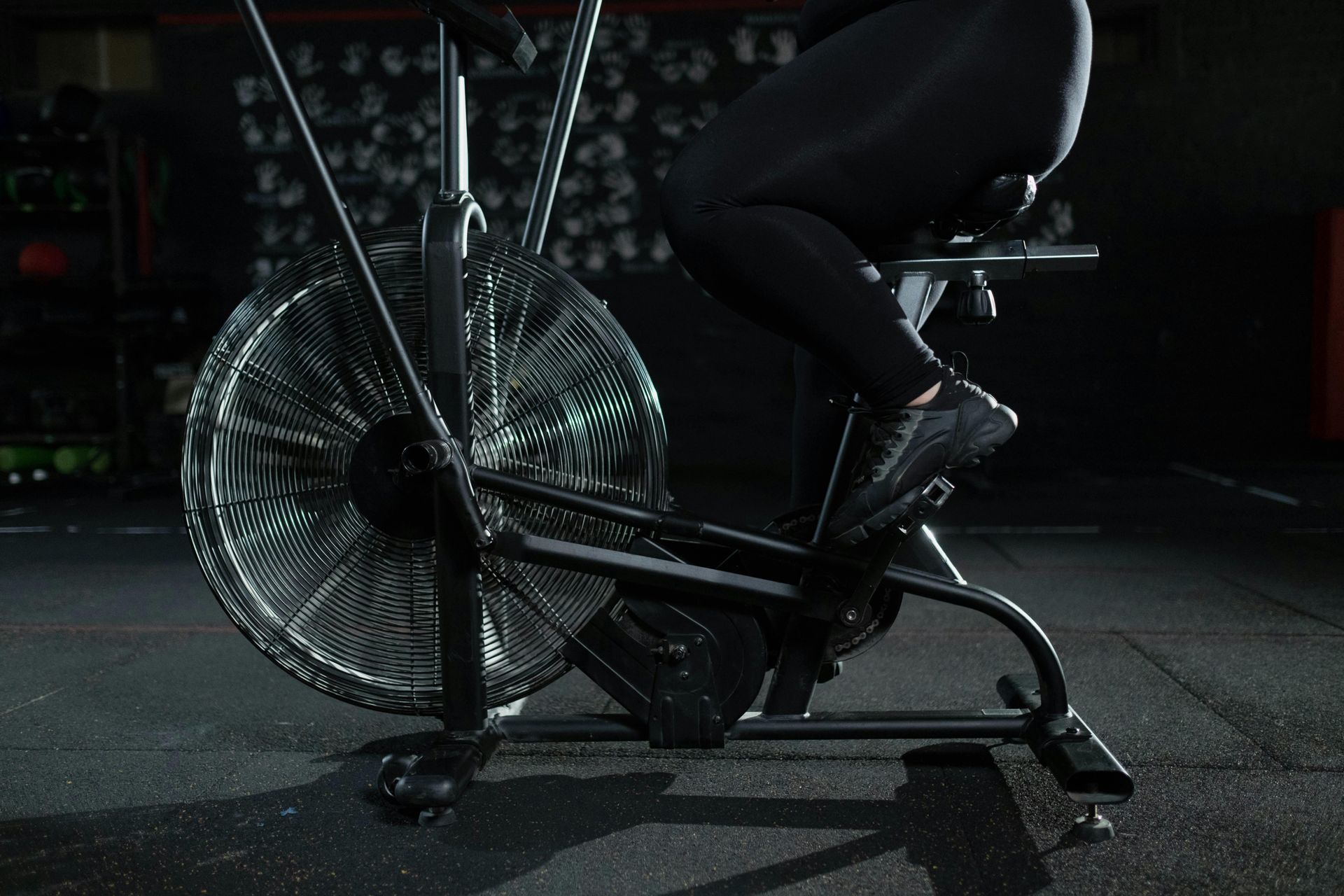The Impact of Dehydration on Athletic Performance: Why Hydration Matters
INTRODUCTION
As athletes, we understand that performance is the culmination of preparation, dedication, and determination. Amidst our rigorous training routines and competitive pursuits, there's one factor that often takes center stage but is sometimes overlooked: hydration. The fluid balance within our bodies can significantly influence how we perform on the field, track, or court. In this article, we delve into the effects of dehydration on athletic performance and highlight why staying properly hydrated is a game-changer.
Dehydration can have significant negative effects on athletic performance. As an athlete, maintaining proper hydration is crucial for optimal physical and mental functioning. Here are some of the effects of dehydration on athletic performance:
DECREASED PHYSICAL PERFORMANCE
Dehydration impairs the body's ability to regulate temperature, leading to increased fatigue and decreased endurance. It can also reduce strength and power output, making it harder to perform at your best.
REDUCED ENDURANCE AND STAMINA
Dehydration decreases blood volume and, subsequently, the delivery of oxygen and nutrients to muscles. This can lead to premature fatigue, reduced endurance, and an increased perception of effort during exercise.
IMPAIRED THERMOREGULATION
Dehydration reduces the body's ability to dissipate heat effectively, increasing the risk of overheating and heat-related illnesses such as heat exhaustion or heatstroke, especially during intense physical activity.
DECREASED COGNITIVE FUNCTION
Dehydration affects brain function and cognitive performance. Athletes may experience impaired concentration, focus, decision-making, and reaction time, all of which are crucial for sports performance.
INCREASED HEART RATE AND STRESS ON THE HEART
With less blood volume due to dehydration, the heart needs to work harder to circulate the same amount of oxygen and nutrients to the muscles. This can lead to an elevated heart rate and increased stress on the cardiovascular system.
MUSCLE CRAMPS
Dehydration can lead to an electrolyte imbalance, particularly a decrease in sodium levels. This imbalance can contribute to muscle cramps, which are not only painful but can also disrupt athletic performance.
IMPAIRED RECOVERY
Proper hydration is essential for effective recovery after exercise. Dehydration can slow down the body's ability to repair muscles, replenish energy stores, and remove waste products from the muscles.
RISK OF INJURY
Dehydrated muscles are more prone to injuries such as strains and sprains due to reduced elasticity and lubrication. Dehydration can also affect joint lubrication, increasing the risk of joint injuries.
DETERIORATION OF SKILL AND TECHNIQUE
Dehydration can lead to reduced coordination and accuracy in movements, impacting athletic skills and techniques. This is particularly important in sports that require precise movements and timing.
OVERALL DISCOMFORT AND FATIGUE
Dehydration can cause discomfort, dizziness, headaches, and overall feelings of fatigue, which can negatively influence an athlete's mental state and motivation.
CONCLUSION
It's essential for athletes to prioritize proper hydration before, during, and after exercise. Monitoring fluid intake, especially in hot or humid conditions, can help prevent the negative effects of dehydration on athletic performance. Remember that individual hydration needs vary, so paying attention to your body's cues and consulting with a sports nutritionist can help you develop an effective hydration strategy that suits your unique requirements.










